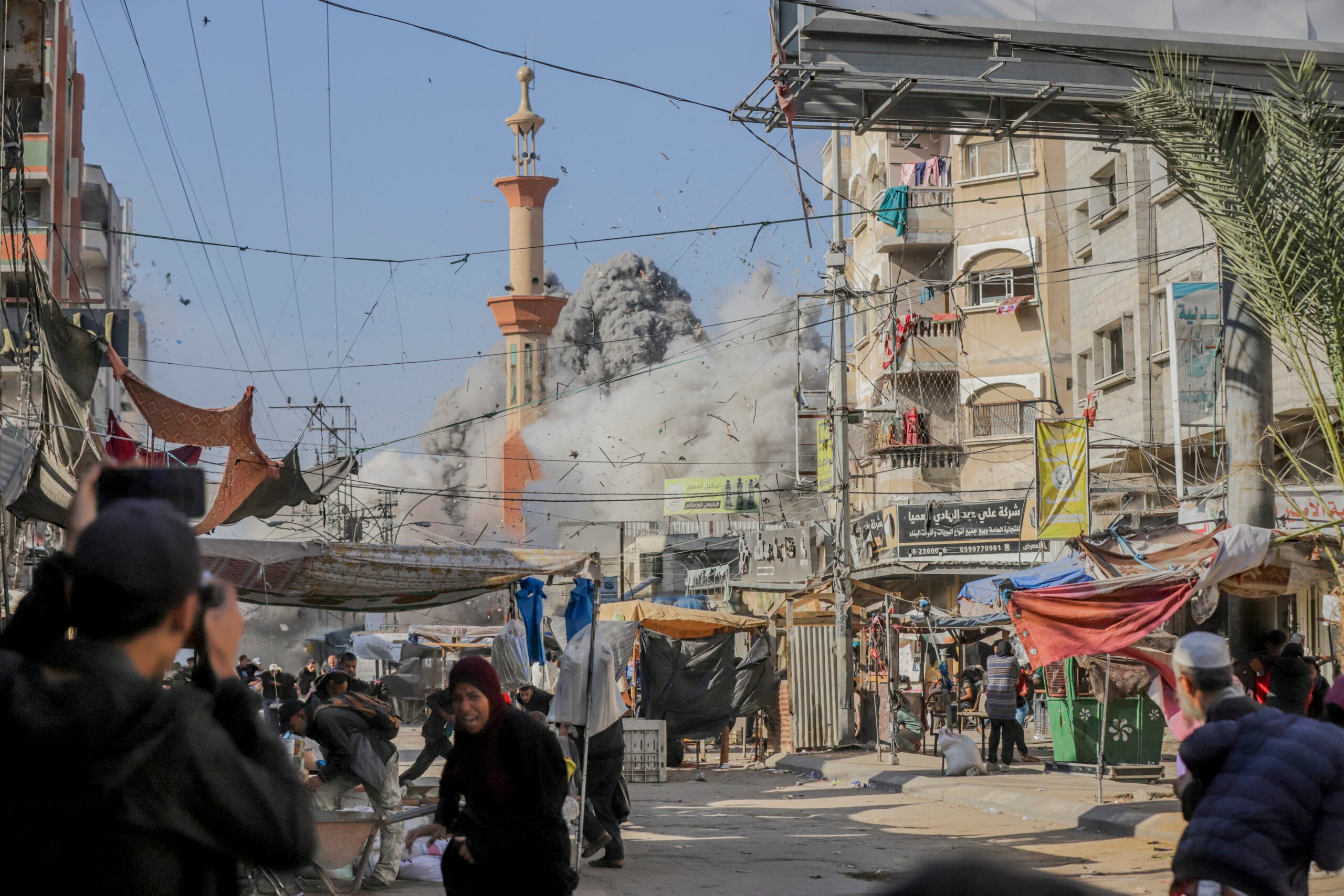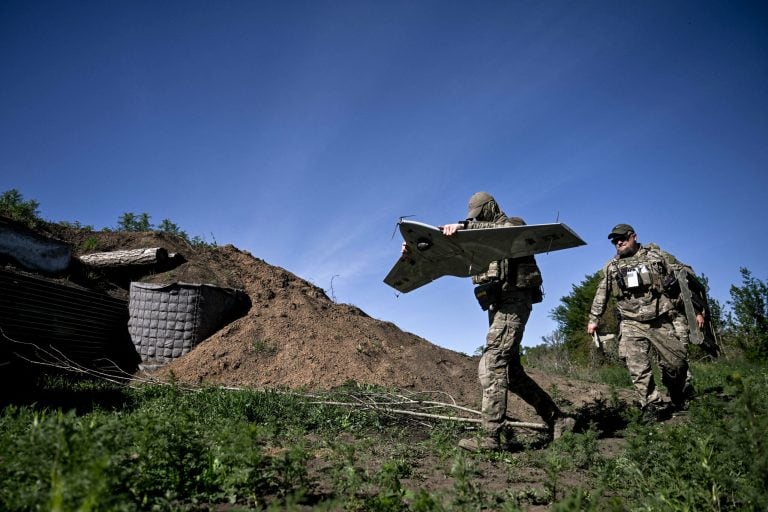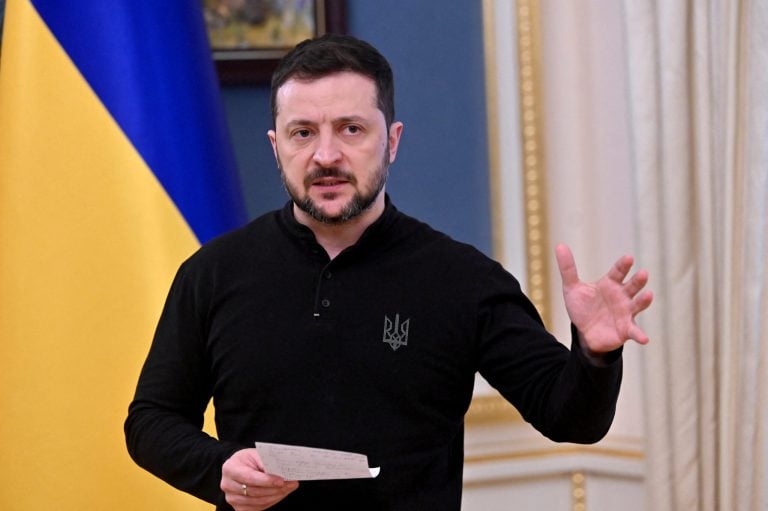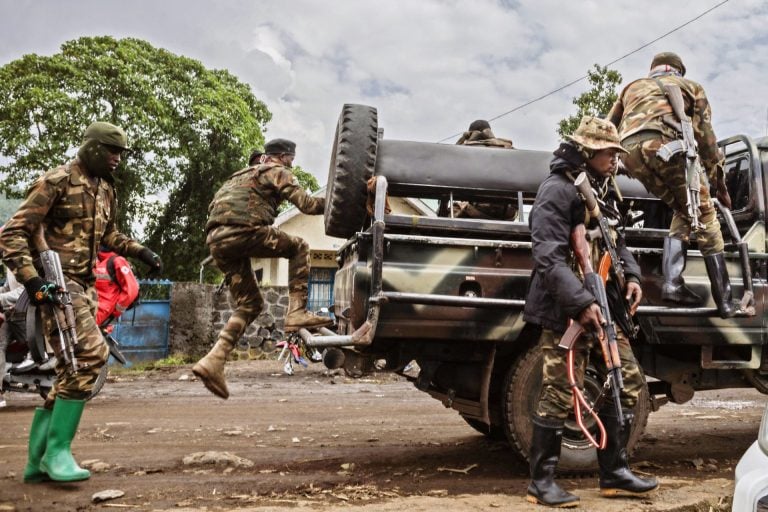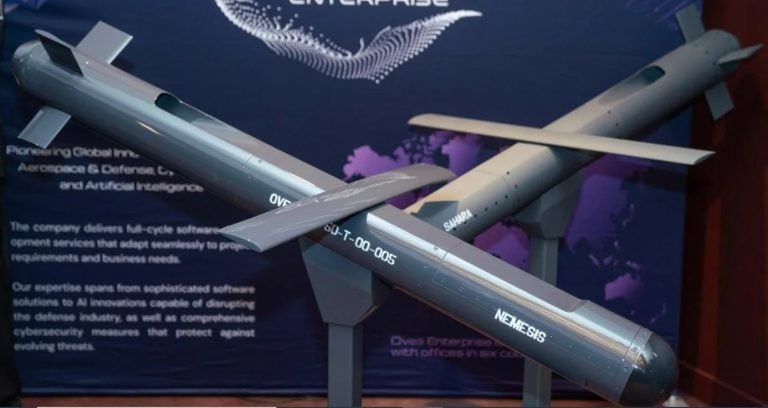Israeli Prime Minister Benjamin Netanyahu announced on Sunday that the Israeli military is intensifying its operations in and around Gaza City, focusing on increasing pressure on the Palestinian militant group Hamas. During a cabinet meeting, Netanyahu stated that the army is “deepening the maneuver” both outside and within Gaza City, as Israel continues its campaign against what it describes as terrorist infrastructure.
This escalation has included significant air strikes this week that have demolished two high-rise buildings said to be used by Hamas for monitoring Israeli troop movements, an assertion the Palestinian group has denied. Despite no formal announcement of a major offensive to seize Gaza City, which Netanyahu’s cabinet approved last month, military operations and bombings have ramped up significantly in recent weeks.
Netanyahu highlighted the military’s efforts to obliterate identified “terror towers,” reinforcing the government’s position that these measures are essential for national security. However, the intensifying conflict raises concerns about worsened humanitarian conditions for the Palestinian population in the region.
In an attempt to address these concerns, Netanyahu mentioned that Israel has established a new humanitarian zone to help civilians escape to safer areas. Recent actions included the dropping of thousands of leaflets over western Gaza City, advising residents to evacuate. According to the Prime Minister, approximately 100,000 residents have already fled, although he accused Hamas of obstructing these evacuations and using civilians as “human shields.”
Despite these assurances, many residents remain hesitant to leave their homes out of fear and desperation. Mustafa Al-Jamal, a Gaza City resident, expressed his reluctance to evacuate, stating that designated safe areas have experienced heavy bombardment and questioning, “Where can we go? We have no money, no tent, no house, no food.”
Meanwhile, protests erupted in Israel as citizens voiced their concerns over the government’s decisions regarding Gaza City. Demonstrators gathered to urge a reversal of military actions, primarily due to fears regarding the welfare of hostages believed to be held by Hamas. One protester, Edith, articulated the emotional turmoil surrounding the situation, emphasizing the tragic implications of ongoing military operations for both the hostages and the civilian population in Gaza. “This is a political war,” she remarked, capturing the complex interplay of military action and humanitarian fallout that has emerged in this latest escalation.
